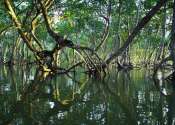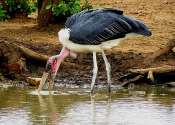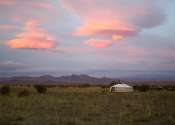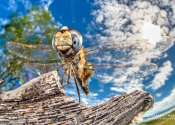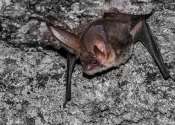Mangrove blue carbon at higher risk of microplastic pollution
Earth's oceans and coastal ecosystems are a major sink for carbon storage, known as blue carbon. Sequestration of carbon is vitally important in the fight against climate change as it 'locks away' this molecule, alleviating ...
